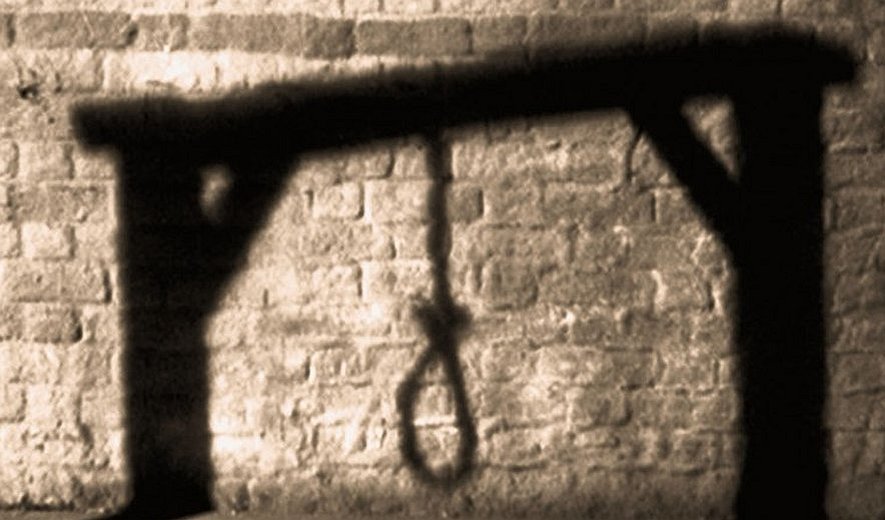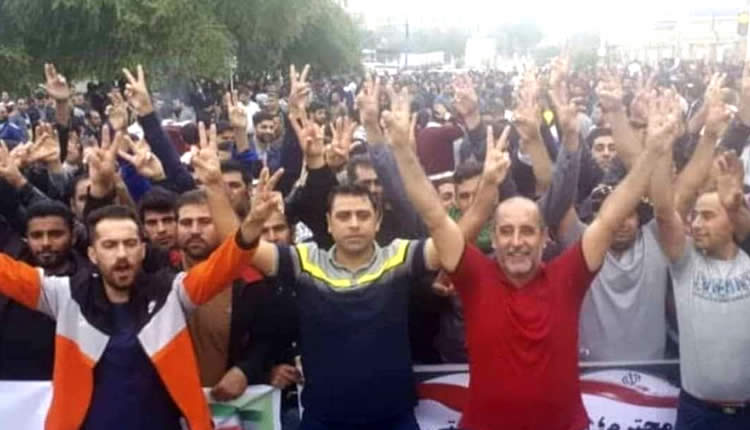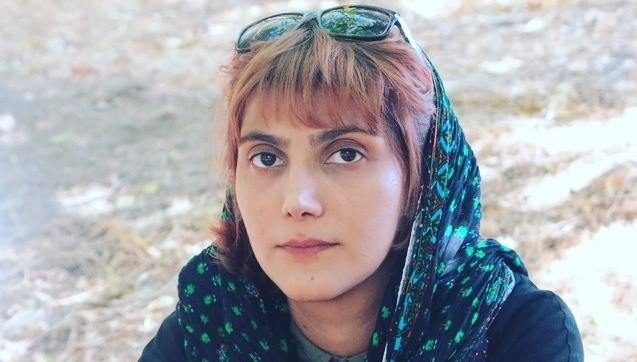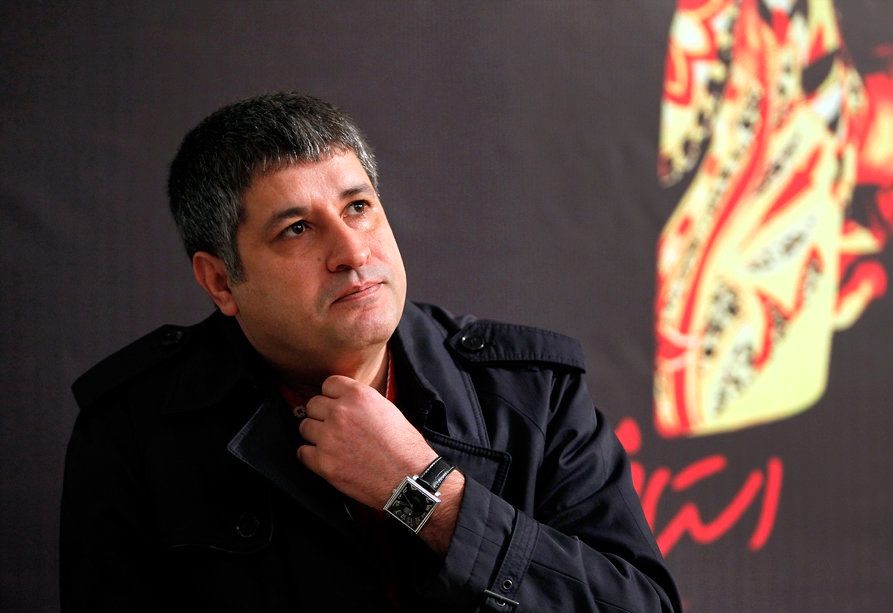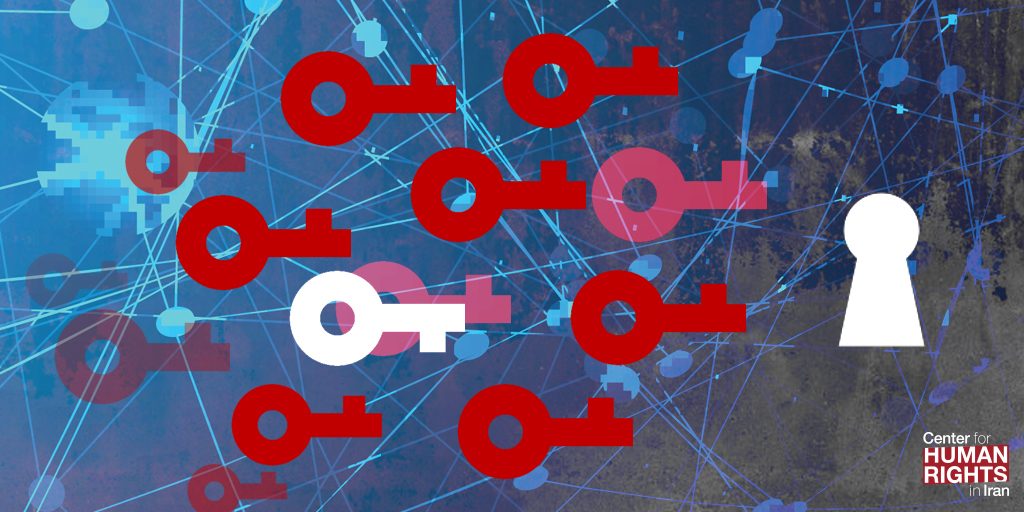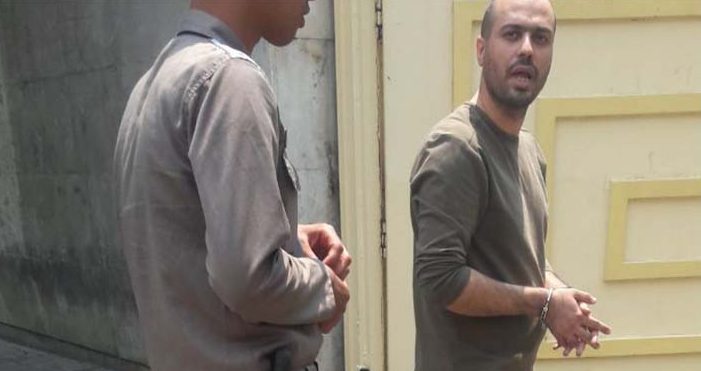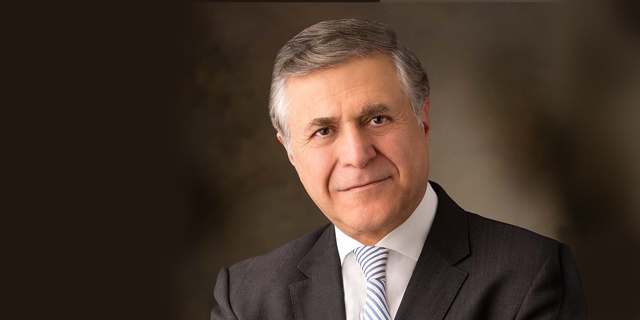Iran: Juvenile
Offender Danial Zeinolabedini in Danger of Execution
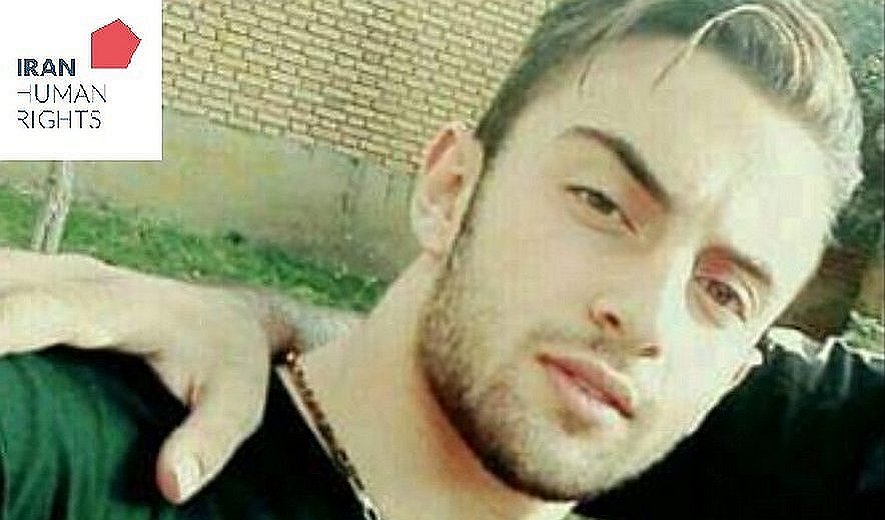
MAY 30,
2019
Iran Human Rights (IHR); May 28, 2019:
According to information received by IHR, the death row juvenile offender
Danial Zeinolabedini might be in danger of execution. Unofficial sources have
told Danial's family that he will be executed after Ramadan, Muslims’ month of
fasting, which ends in the first week of June. Danial Zeinolabedini is a
juvenile offender whose death sentence has been upheld by the Iranian Supreme
Court. Danial was born on August 9, 2000. He allegedly committed murder on
September 22, 2017, when he was 17 years old. According to his relatives, he
did not commit the murder and is innocent.
According to IHR sources,
Danial Zeinolabedini is scheduled to be executed after Ramadan, Muslims’ month
of fasting, which ends in the first week of June. Danial was along with three
others charged with murdering a man identified as Sadegh Barmaki. Forensics
announced that Mr Barmaki had died as a result of burn injuries. Danial has
repeatedly said that he did not play a role in causing the burn injuries.
However, the judge’s understanding is that Mr Barmaki was killed before his
body was set on fire.
